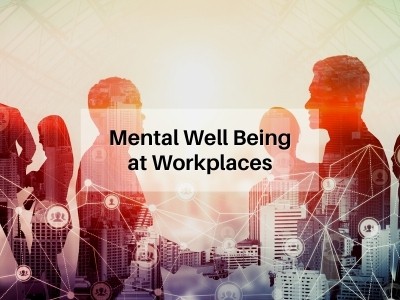Mental Health of Employees Is in Dire Need of Support, Post Pandemic

Advisory on Mental Well-being
The Singaporean government takes such matters seriously and is working actively with the National Trade Union Congress and Singapore National Employers Federation to iron out concerns relating to mental well-being at workplaces. The recent Tripartite Advisory on Mental Well-Being at Workplaces provides a practical guideline for employers when handling employees’ mental well-being. Besides that, the procedure also provides employers, employees and the self-employed resources on managing mental well-being at workplaces, for them to tap into.
Post-Pandemic Work Approach
The infamous Covid-19 pandemic has altered our way of work. By any mean possible, we have to adapt the work from home arrangement to stop the spread. Thus, the line between home and work is immediately ambiguous. For companies with employees regularly working from home have better coping mechanisms than those who do not. Employees who have to work from home are facing possible higher burnout rates, compared to when they were working at their offices. The possible causes are having to juggle at home duties, official duties and the stress of delayed communications. Without teamwork camaraderie, while working, stress can quickly build-up and employees’ mental well being is at stake. Hence, the government is closely observing the needs of supporting mental well-being at workplaces.
Practical Guideline
With the advisory on mental well-being at workplaces, it outlines practical measures employers can choose to adopt. For starters, employers can appoint mental wellness advocates to raise employees’ awareness of mental well-being and mental health conditions through talks and workshops. Education is key to mitigating taboo topics such as mental health. Raising awareness of such issues will help make people understand better. Employers can also provide access to professional counselling service for employees to talk about work and non-work challenges. Besides that, companies can also train managers to identify mental distress signs in subordinates or within the team. They should also be able to refer such employees to counselling services if the need be. Lastly, companies are urged to recognise the need for the employee to get adequate rest outside work hours with a work-life balance policy. The policy is necessary to provide employees with the clarification on after-work hours communications. These guidelines are meant for employers to begin adopting for employees and self-employed individuals to seek help whenever they feel overwhelmed.








